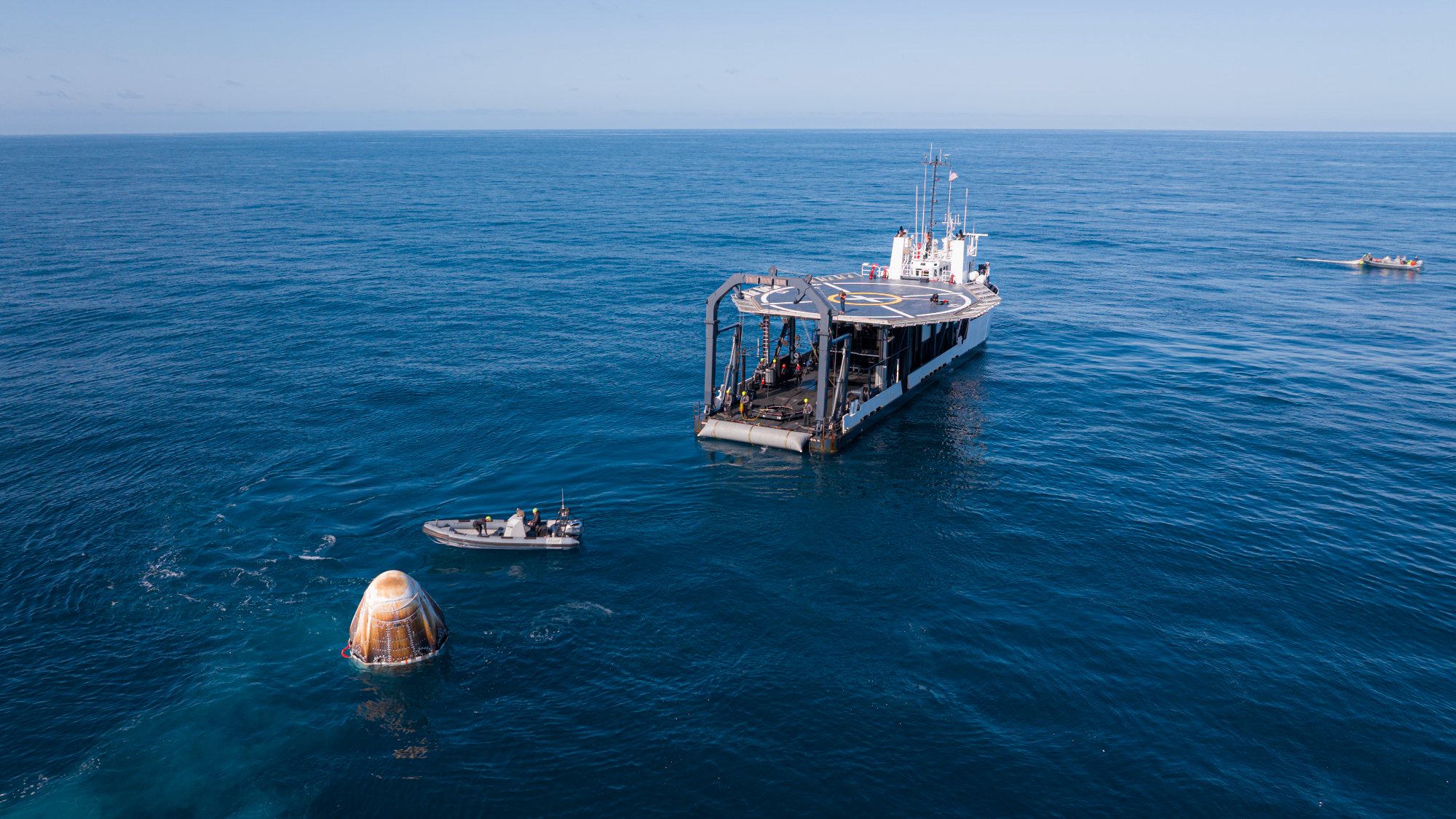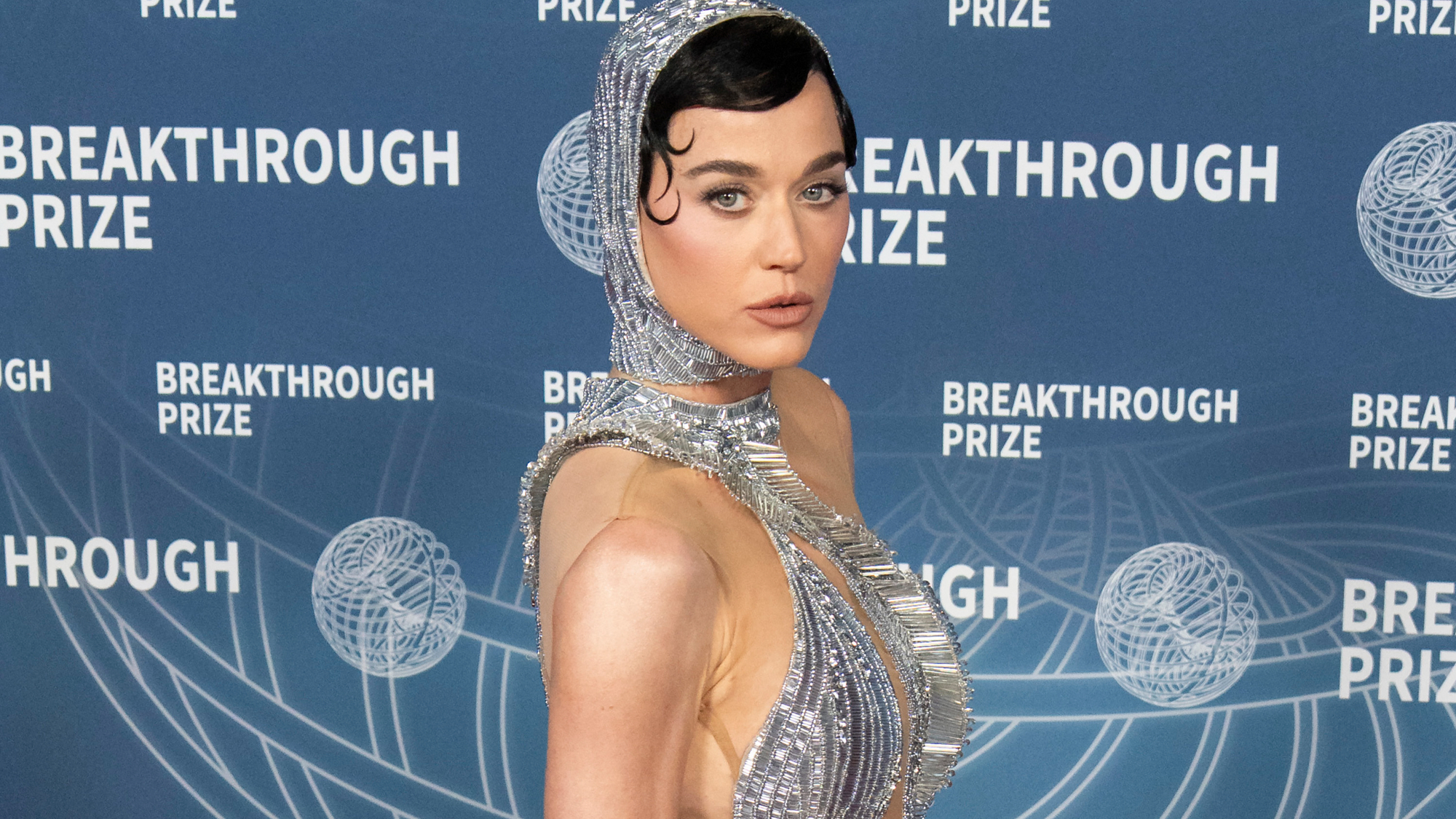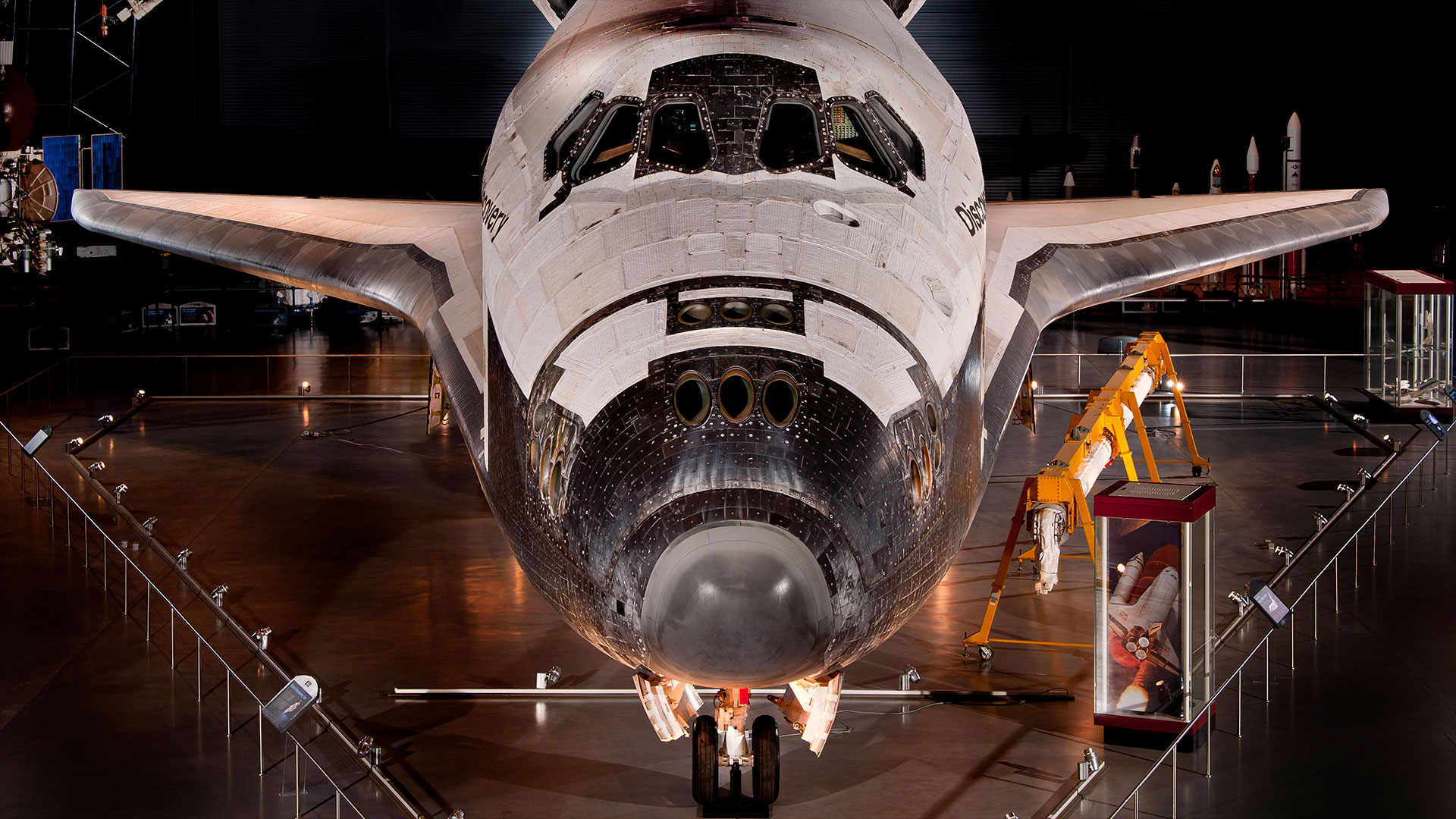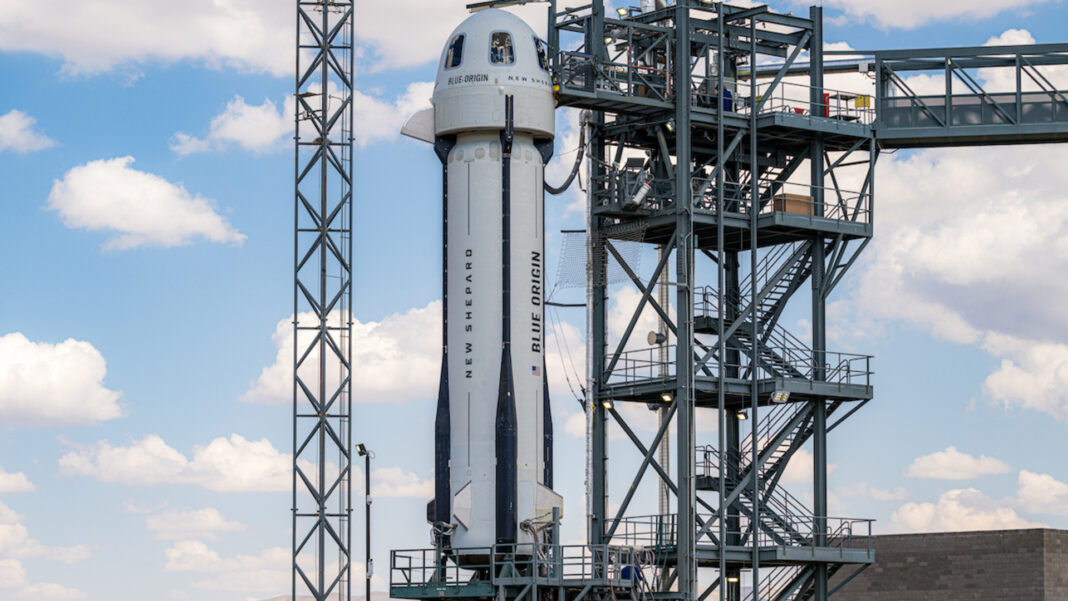Imagine this: Katy Perry, pop icon, belting out a space-themed ballad as Earth hangs in the distance, a backdrop to her celestial performance. Sounds far-fetched, right? But it’s not entirely out of the realm of possibility. With Blue Origin prepping for its first all-female spaceflight, the line between pop concert and space exploration is blurring, raising one burning question: will Katy Perry be joining the crew? And if so, will they officially be classified as astronauts? Join us as we explore the intersection of music, space travel, and the evolving definition of an astronaut.
Blue Origin’s Historic All-Female Spaceflight: NS-31 Mission

Blue Origin, a leading player in the private space industry, is set to make history with its first-ever all-female spaceflight, the NS-31 mission. The suborbital flight, scheduled to launch on April 14 from Blue Origin’s private spaceport in West Texas, marks a significant milestone in the space industry, one that showcases the growing importance of diversity and representation in space exploration.

Crew and Mission Profile
The NS-31 mission will feature a diverse and accomplished crew, each with their unique expertise and experience. The crew members include:
- Aisha Bowe: A former NASA rocket scientist, Aisha Bowe is a highly accomplished engineer with a degree in aerospace engineering and a master’s in space systems engineering from the University of Michigan. She is the CEO of STEMBoard, an engineering company that works with governments and other organizations, and the founder of LINGO, a STEM education technology company.
- Kerianne Flynn: A producer and former Virgin Galactic sign-up, Kerianne Flynn has worked on various documentaries and films, including “This Changes Everything” and “LILLY.” She has also served as a board member and helped with nonprofit work at several New York-based schools and organizations.
- Amanda Nguyễn: A research scientist and the first Vietnamese and Southeast Asian woman astronaut, Amanda Nguyễn graduated from Harvard and has worked at the Harvard Center for Astrophysics, MIT, NASA, and the International Institute for Astronautical Sciences. She has been nominated for the Nobel Peace Prize and awarded TIME’s Woman of the Year for her advocacy for sexual violence survivors.
- Gayle King: An award-winning broadcast journalist and media personality, Gayle King has a career spanning over 40 years in radio, television, and print. She co-hosts “CBS This Morning” and is an editor-at-large at “O, the Oprah Magazine.” King has won three Emmys and the American Women in Radio & Television Gracie Award for Outstanding Radio Talk Show.
The NS-31 mission objectives include launching from Blue Origin’s private spaceport in West Texas, featuring the first all-female crew to launch into space since 1963, and conducting a suborbital flight on the NS-31 mission.

Impact of the All-Female Crew
The NS-31 mission’s all-female crew is a significant breakthrough in representation, highlighting the importance of diversity and inclusion in the space industry. This milestone mission demonstrates that women can excel in various roles, from engineering and science to media and advocacy.

Breakthrough in Representation
The NS-31 mission marks a significant moment in the history of space exploration, as it features the first all-female crew to launch into space since 1963, when the Soviet Union sent cosmonaut Valentina Tereshkova into orbit by herself. This achievement showcases the progress made in promoting diversity and inclusion in the space industry, paving the way for future generations of women to pursue careers in space exploration.
According to experts, the NS-31 mission’s all-female crew is a testament to the growing recognition of the importance of diversity and representation in the space industry. By featuring a diverse and accomplished crew, Blue Origin is helping to break down barriers and challenge stereotypes, inspiring women and girls to pursue careers in science, technology, engineering, and mathematics (STEM).
Historic Milestone for Women in Space Exploration

The NS-31 mission, scheduled to launch on Monday, April 14, marks a historic milestone for women in space exploration. For the first time since 1963, an all-female crew will launch into space, consisting of six women from diverse backgrounds and professions.
This mission is a significant step forward for women in space exploration, highlighting the progress made in increasing diversity in the field. According to Aisha Bowe, a former NASA rocket scientist and member of the National Society of Black Engineers, “this mission is a testament to the power of diversity and inclusion in STEM fields.”
First All-Female Crew to Launch into Space since 1963
The NS-31 crew consists of six women, each with their own unique background and expertise:
- Aisha Bowe, a former NASA rocket scientist and CEO of STEMBoard, an engineering company that works with governments and other organizations.
- Kerianne Flynn, a producer who has worked on documentaries and other films, including “This Changes Everything” and “LILLY.”
- Amanda Nguyễn, a research scientist in bioastronautics who has worked at the Harvard Center for Astrophysics, MIT, NASA, and the International Institute for Astronautical Sciences.
- Gayle King, an award-winning broadcast journalist and media personality who co-hosts “CBS This Morning” and hosts a radio show on SiriusXM.
- Katy Perry, a pop star and philanthropist who has been nominated for 13 Grammy awards and serves as a UNICEF Goodwill Ambassador.
This diverse group of women is a testament to the progress made in increasing diversity in space exploration, and their participation in this mission is a significant step forward for women in STEM fields.
Implications for the Future
Increased Diversity in Space Missions
The NS-31 mission sets a precedent for future space missions, highlighting the importance of diversity and inclusion in STEM fields. According to experts, this mission will pave the way for more women to pursue careers in space exploration, leading to a more diverse and inclusive industry.
Potential for More Women to Pursue Careers in Space Exploration
The NS-31 mission is expected to inspire more women to pursue careers in space exploration, leading to a more diverse and inclusive industry. According to Aisha Bowe, “this mission will show women that they too can be a part of the space industry, regardless of their background or profession.”
Practical Aspects
Training and Preparation for the Crew
The NS-31 crew has undergone rigorous training and preparation for the mission, including scientific and technical briefings, as well as physical and mental preparation for the stresses of space travel.
Technical Aspects of the Mission
The NS-31 mission will be launched from Blue Origin’s private spaceport in West Texas, using the New Shepard rocket. The crew will reach an altitude of approximately 106 km, experiencing weightlessness for several minutes before returning to Earth.
Katy Perry’s Role and Controversy
Katy Perry’s Involvement
Katy Perry, a pop star and philanthropist, has joined the NS-31 crew, making her the first musician to participate in an all-female space mission. Perry’s involvement has sparked controversy, with some critics arguing that she is not a suitable candidate for the mission.
Backlash and Criticism
Blue Origin has faced backlash ahead of the historic all-female spaceflight, with some critics arguing that Katy Perry’s involvement is a publicity stunt. However, according to Gayle King, “Katy Perry’s participation in this mission is a testament to her commitment to STEM education and her desire to inspire young women to pursue careers in space exploration.”
Conclusion
In a recent development that has left space enthusiasts abuzz, Katy Perry has sparked speculation about performing in space, while an all-female Blue Origin rocket crew has raised questions about astronaut status. The Sky News article delves into the intricacies of these two intriguing topics. On one hand, the prospect of Katy Perry’s performance in space highlights the growing convergence of entertainment and space exploration. As the article notes, this could be a historic moment, marking the first time a musician performs in space. Meanwhile, the Blue Origin crew’s mission has ignited debate about the definition of an astronaut, with some arguing that the term is reserved for those who travel to space using traditional means.
The significance of these developments extends beyond entertainment and semantics, touching on the broader implications of space travel and its impact on society. As space exploration continues to advance, we are forced to redefine traditional boundaries and challenge conventional norms. The article suggests that the Blue Origin crew’s mission may set a precedent for future space travelers, who may not necessarily adhere to traditional definitions of astronautship. This raises important questions about the inclusivity and accessibility of space travel, and the role that private companies like Blue Origin are playing in shaping the future of space exploration.
As we look to the future, it is clear that the intersection of entertainment, technology, and space travel will continue to evolve and shape our understanding of what it means to be an astronaut. Katy Perry’s potential performance in space may be a pivotal moment in this evolution, marking a new frontier in the fusion of art and space exploration. Ultimately, as we push the boundaries of space travel and redefine what it means to be an astronaut, we are reminded that the possibilities are endless, and the future is full of endless potential. As we venture further into the cosmos, we must ask ourselves: what does it mean to be human in the vastness of space?
